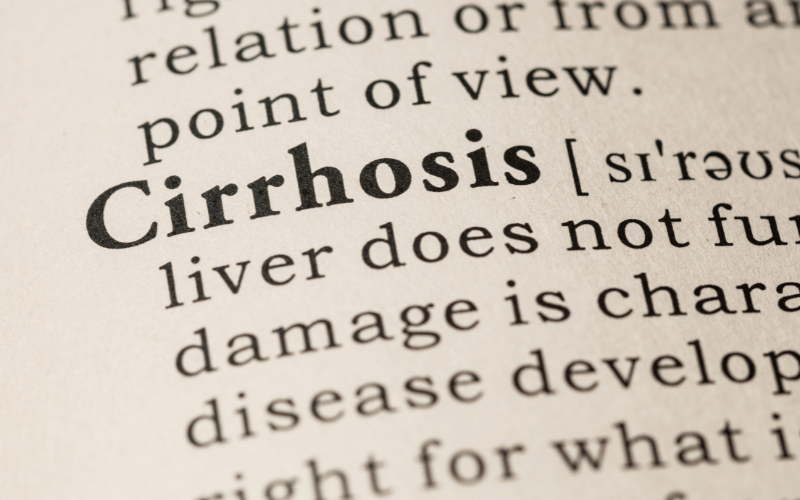Fact 6: Cirrhosis Concerns in AIH

Cirrhosis, a severe scarring of the liver, is a potential complication of untreated or advanced AIH. The connection is a concern because cirrhosis can severely impact liver function, leading to a host of additional health challenges. Understanding this link is vital for both patients and medical practitioners.
The progression of AIH to cirrhosis isn’t inevitable. With early detection of AIH and appropriate treatments, the chances of developing cirrhosis can be significantly reduced. Regular liver function tests and imaging studies play a crucial role in this early detection strategy.
For AIH patients who have developed cirrhosis, management focuses on slowing the disease’s progression and addressing complications. This might involve treatments to reduce liver inflammation, medications to manage cirrhosis-related symptoms, and regular monitoring for signs of liver failure.
In cases where cirrhosis leads to end-stage liver disease, a liver transplant might become necessary. While the idea of a transplant can be daunting, it offers a chance at improved health and extended life. Pre-transplant evaluations, post-transplant care, and lifelong medications become a part of this journey.
Beyond the physical implications, cirrhosis diagnosis can weigh heavily on a patient’s mind. The uncertainty, potential lifestyle changes, and the sheer magnitude of the diagnosis call for a comprehensive support system. Counseling, patient support groups, and family support play pivotal roles in navigating this challenging terrain. (6)